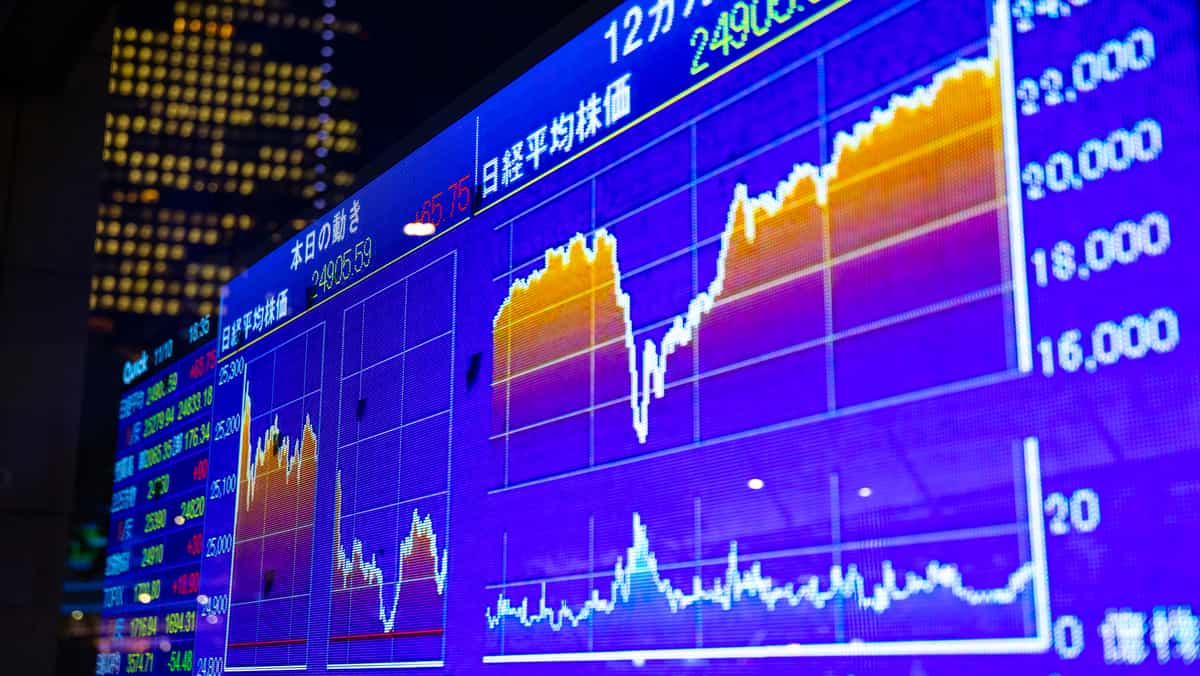Tuesday Jan 21 2025 06:58

4 min

Stock market analysis, stock buybacks, or share repurchase programs, are actions taken by companies to buy back their own shares from the market.
Stock buybacks, or share repurchase programs, are actions taken by companies to buy back their own shares from the market. This practice can have significant implications for shareholders, influencing both the value of their investments and the overall market perception of the company. Here, we’ll explore how stock buybacks impact shareholders.
One of the most immediate effects of stock buybacks is an increase in earnings per share (EPS). When a company reduces the number of outstanding shares by repurchasing them, the earnings are distributed over fewer shares. This can make the company’s financial performance appear stronger, which may lead to a higher stock price and greater shareholder value.
By reducing the total share count, buybacks can enhance shareholder value. As the EPS increases, investors may respond positively, driving up the stock price. This effect can create a favorable environment for existing shareholders, as their investments may appreciate in value.
A stock buyback can signal to the market that the company’s management is confident in its future prospects. By using cash reserves to repurchase shares, management indicates that they believe the stock is undervalued. This confidence can improve investor sentiment and attract more buyers, further boosting the stock price.
Companies often use excess cash for buybacks, which can be a more attractive option than holding onto cash or distributing it as dividends. For shareholders, this can mean a more efficient use of company resources. However, it’s essential to consider whether the buyback is the best use of capital compared to potential investments in growth or innovation.
While stock buybacks can enhance shareholder value, they may also affect dividends. Companies that allocate a significant portion of their cash to buybacks may choose to reduce or forgo dividend payments. For income-focused investors, this could be a drawback, as they rely on dividends for returns.
Critics of stock buybacks argue that they can promote a short-term focus among management. Instead of investing in long-term growth initiatives, companies might prioritize buybacks to inflate stock prices temporarily. This approach may not align with the best interests of long-term shareholders who seek sustainable growth.
The overall market dynamics and public perception of stock buybacks can also impact shareholders. If buybacks are perceived as a way to artificially boost stock prices, it may lead to skepticism among investors. Negative sentiment around buybacks can affect a company’s reputation and, consequently, its stock performance.
Stock buybacks can have a multifaceted impact on shareholders, enhancing EPS and potentially increasing shareholder value while also raising questions about the company’s long-term strategy and cash utilization. For investors, understanding the implications of buybacks is crucial for making informed decisions about their portfolios. As with any investment strategy, careful consideration of the company’s overall financial health and market conditions is essential.
When considering shares, indices, forex (foreign exchange) and commodities for trading and price predictions, remember that trading CFDs involves a significant degree of risk and could result in capital loss.
Past performance is not indicative of any future results. This information is provided for informative purposes only and should not be construed to be investment advice.